Dirk Eddelbuettel: littler 0.3.13: Moar Goodies

 The fourteenth release of littler as a CRAN package just landed, following in the now fifteen year history (!!) as a package started by Jeff in 2006, and joined by me a few weeks later.
littler is the first command-line interface for R as it predates
The fourteenth release of littler as a CRAN package just landed, following in the now fifteen year history (!!) as a package started by Jeff in 2006, and joined by me a few weeks later.
littler is the first command-line interface for R as it predates Rscript. It allows for piping as well for shebang scripting via #!, uses command-line arguments more consistently and still starts faster. It also always loaded the methods package which Rscript only started to do in recent years.
littler lives on Linux and Unix, has its difficulties on macOS due to yet-another-braindeadedness there (who ever thought case-insensitive filesystems as a default were a good idea?) and simply does not exist on Windows (yet the build system could be extended see RInside for an existence proof, and volunteers are welcome!). See the FAQ vignette on how to add it to your PATH.
A few examples are highlighted at the Github repo, as well as in the examples vignette.
This release brings two new example scripts and command wrappers (compiledDeps.r, silenceTwitterAccount.r), along with extensions, corrections, or polish for a number a of other examples as detailed in the NEWS file entry below.
My CRANberries provides a comparison to the previous release. Full details for the littler release are provided as usual at the ChangeLog page, and now also on the new package docs website. The code is available via the GitHub repo, from tarballs and now of course also from its CRAN page and viaChanges in littler version 0.3.13 (2021-07-24)
- Changes in examples
- New script
compiledDeps.rto show which dependencies are compiled- New script
silenceTwitterAccount.rwrapping rtweet- The
-cor--codeoption forinstallRSPM.rwas corrected- The
kitten.rscript now passes options bunny and puppy on to thepkgKitten::kitten()call; new options to call the Arma and Eigen variants were added- The
getRStudioDesktop.randgetRStudioServer.rscripts were updated for a change in rvest- Two typos in the
tt.rhelp message were correct (Aaron Wolen in #86)- The message in
cranIncoming.rwas corrected.- Changes in package
- Added Continuous Integration runner via
run.shfrom r-ci.- Two vignettes got two extra vignette attributes.
- The mkdocs-material documentation input was moved.
- The basic unit tests were slightly refactored and updated.
install.packages("littler"). Binary packages are available directly in Debian as well as soon via Ubuntu binaries at CRAN thanks to the tireless Michael Rutter.
Comments and suggestions are welcome at the GitHub repo.
If you like this or other open-source work I do, you can now sponsor me at GitHub.
This post by Dirk Eddelbuettel originated on his Thinking inside the box blog. Please report excessive re-aggregation in third-party for-profit settings.
 Too much has been written, a war of support letters is going on, Debian is heading head first like Lemmings into the same war. And then, there is this by the first female President of the American Civil Liberties Union (ACLU):
Too much has been written, a war of support letters is going on, Debian is heading head first like Lemmings into the same war. And then, there is this by the first female President of the American Civil Liberties Union (ACLU):
 After losing a fair bit of hair due to quality and reliability issues
with our home laser multifunctional (
After losing a fair bit of hair due to quality and reliability issues
with our home laser multifunctional (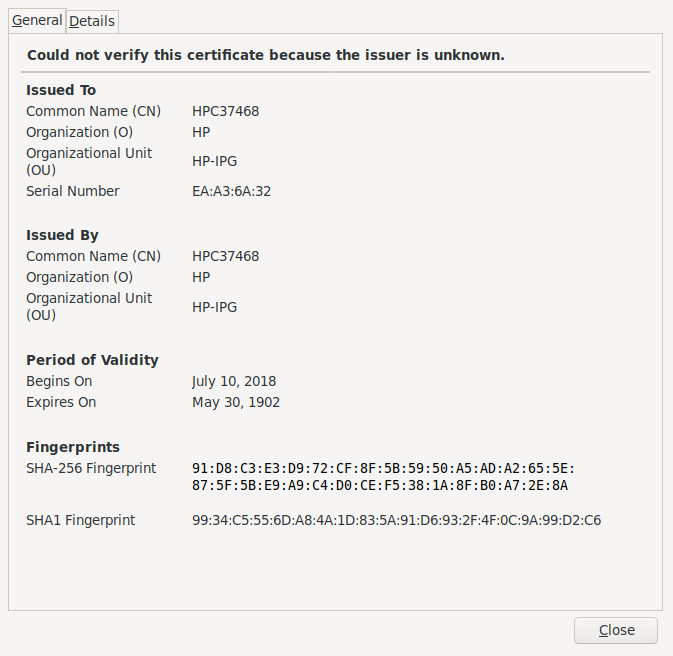 So, the self-signed certificate the printer issued at itself expired
116 years before even being issued. (is this maybe a Y2k38 bug?
Sounds like it!) Interesting thing, my CUPS log mentions the printer
credentials to expire at the beginning of the Unix Epoch
(
So, the self-signed certificate the printer issued at itself expired
116 years before even being issued. (is this maybe a Y2k38 bug?
Sounds like it!) Interesting thing, my CUPS log mentions the printer
credentials to expire at the beginning of the Unix Epoch
(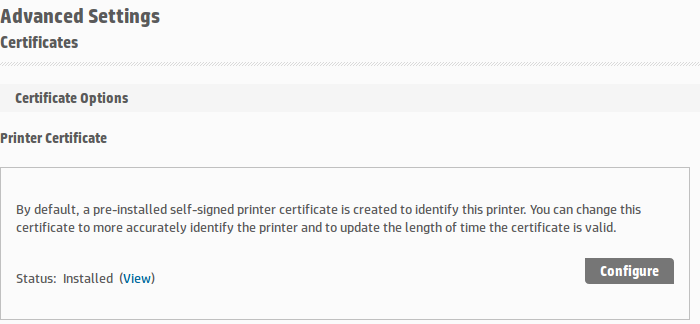 However, clicking on Configure leads me to the not very
reassuring
However, clicking on Configure leads me to the not very
reassuring
 I don t remember what I did for the next couple of minutes. Kept
fuming Until I parsed again the output of
I don t remember what I did for the next couple of minutes. Kept
fuming Until I parsed again the output of  Click on New self-signed certificate , click on Next, a couple of
reloads And a very nice color print came out of the printer, yay!
Now, it still baffles me (of course I checked!): The self-signed
certificate is now said to come from
Click on New self-signed certificate , click on Next, a couple of
reloads And a very nice color print came out of the printer, yay!
Now, it still baffles me (of course I checked!): The self-signed
certificate is now said to come from


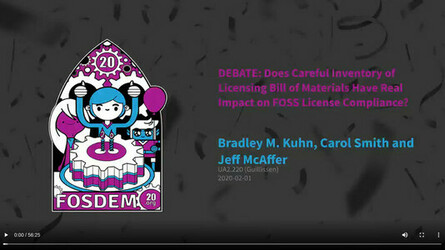
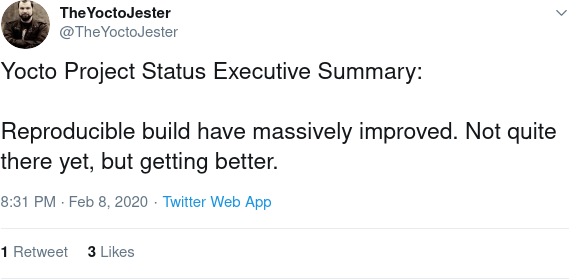



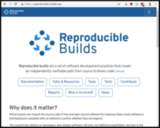


 The code uses a few standard finance packages for R (with most of them maintained by
The code uses a few standard finance packages for R (with most of them maintained by  Comments and further enhancements welcome!
Comments and further enhancements welcome!
 As
As